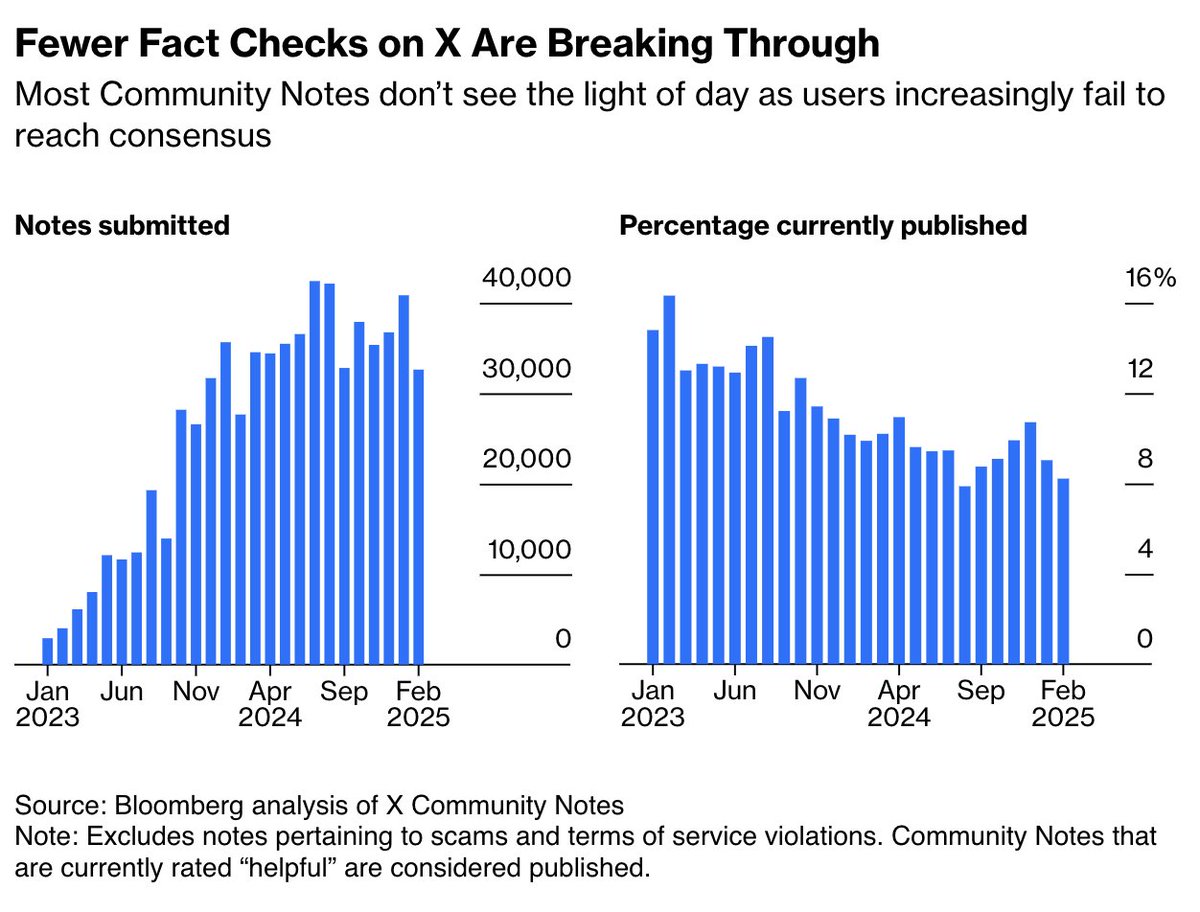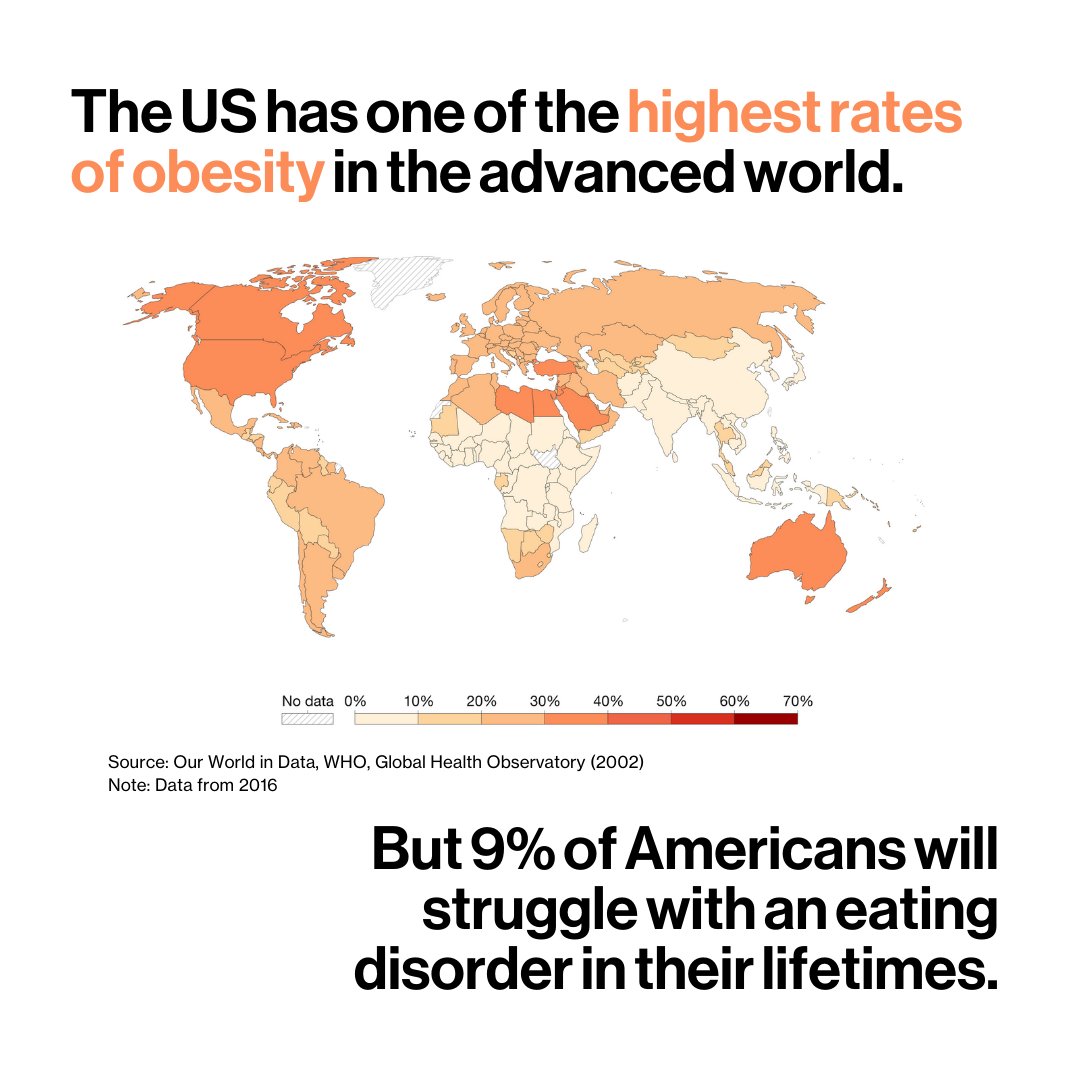WeWork’s CEO, Sandeep Mathrani, declared last week:
The most engaged employees are those who put in face time at the office, while the least engaged are very comfortable working from home 🤨 trib.al/6T279v5
The most engaged employees are those who put in face time at the office, while the least engaged are very comfortable working from home 🤨 trib.al/6T279v5
The fear some bosses also think this way is enough to feed workaholic habits — even if it’s not clear that any boss agrees.
This has likely pushed us to put in more hours while working remotely during the pandemic — an extra 2.5 hours a day in the U.S. twitter.com/i/broadcasts/1…
This has likely pushed us to put in more hours while working remotely during the pandemic — an extra 2.5 hours a day in the U.S. twitter.com/i/broadcasts/1…
In the banking world, the degree to which workers will be at home vs. in office looks very different on each side of the Atlantic, writes @ElisaMartinuzzi.
➡️Europe is adopting flexible working styles
➡️The U.S. is itching to get back to the office
bloomberg.com/opinion/articl…
➡️Europe is adopting flexible working styles
➡️The U.S. is itching to get back to the office
bloomberg.com/opinion/articl…
Some have heralded the return to the office as a chance to reset unhealthy work habits, but @skgreen thinks we may experience the worst of both worlds:
➡️Feeling a need to put in face time at the office
➡️Staying connected to work on nights and weekends trib.al/6T279v5
➡️Feeling a need to put in face time at the office
➡️Staying connected to work on nights and weekends trib.al/6T279v5

The trick to avoiding this trap is to remember who’s in control: You.
Start by noticing what stirs resentment, maybe a project that was supposed to take four weeks but dragged on four months. Then, set boundaries trib.al/6T279v5
Start by noticing what stirs resentment, maybe a project that was supposed to take four weeks but dragged on four months. Then, set boundaries trib.al/6T279v5

Boundaries teach people to respect your time. Setting them means committing to rules such as:
⏲️Ending work at a certain time
🙅🏻♀️Saying no to projects you can’t realistically complete trib.al/6T279v5
⏲️Ending work at a certain time
🙅🏻♀️Saying no to projects you can’t realistically complete trib.al/6T279v5

In client-oriented fields such as law and finance, the workers who manage to avoid burnout become ruthless prioritizers.
You have to be very adept at pivoting quickly to say, ‘OK, I'm prioritizing this project, what should get deprioritized as a result?’ trib.al/6T279v5
You have to be very adept at pivoting quickly to say, ‘OK, I'm prioritizing this project, what should get deprioritized as a result?’ trib.al/6T279v5

Once face-to-face meetings with clients are the norm, there’s an expectation that they're what makes the difference for clinching deals.
Jamie Dimon of JPMorgan said they've missed out on business because rivals were able to meet with clients in person bloomberg.com/opinion/articl…
Jamie Dimon of JPMorgan said they've missed out on business because rivals were able to meet with clients in person bloomberg.com/opinion/articl…

Many conscientious people want to ask for permission before setting a boundary, but this can send a signal that they are overwhelmed, or not fully committed.
Take action first, and then deal with pushback as it comes trib.al/6T279v5
Take action first, and then deal with pushback as it comes trib.al/6T279v5

Remember that most other people don’t think about us nearly as much as we think about ourselves.
It’s possible to gradually establish a saner schedule with no one noticing, not even the boss trib.al/6T279v5
It’s possible to gradually establish a saner schedule with no one noticing, not even the boss trib.al/6T279v5

Rebalancing work and life means not just limiting work but also rethinking “life.”
The cycle of overwork and recuperation in which people treat life as merely time to rest can become a trap. Find meaningful pastimes that emphasize connection with people trib.al/6T279v5
The cycle of overwork and recuperation in which people treat life as merely time to rest can become a trap. Find meaningful pastimes that emphasize connection with people trib.al/6T279v5

Ultimately, the healthiest thing to do may be to find a new job, though maybe not a whole new career.
Fantasizing about a very stark change — to becoming, say, a landscape designer or a mystery novelist — is a symptom of burnout trib.al/6T279v5
Fantasizing about a very stark change — to becoming, say, a landscape designer or a mystery novelist — is a symptom of burnout trib.al/6T279v5

It’s more realistic — and less financially risky — to consider options within one’s own field:
🏢Boutique firms may offer more autonomy than large ones
✈️Local or regional companies may require less travel than national or global ones trib.al/6T279v5
🏢Boutique firms may offer more autonomy than large ones
✈️Local or regional companies may require less travel than national or global ones trib.al/6T279v5

Such choices may come with a financial tradeoff, but the bigger obstacle is often making peace with a loss of prestige.
Saying “I work at Goldman Sachs” feels different from “I work at Midsize Bank Company” trib.al/6T279v5
Saying “I work at Goldman Sachs” feels different from “I work at Midsize Bank Company” trib.al/6T279v5

The same is true of adjusting to better work-life balance. Pulling back is often part of a major identity shift.
Workaholism often feels imposed by outside forces. But creating a saner life means tackling the workaholic within trib.al/6T279v5
Workaholism often feels imposed by outside forces. But creating a saner life means tackling the workaholic within trib.al/6T279v5

• • •
Missing some Tweet in this thread? You can try to
force a refresh














